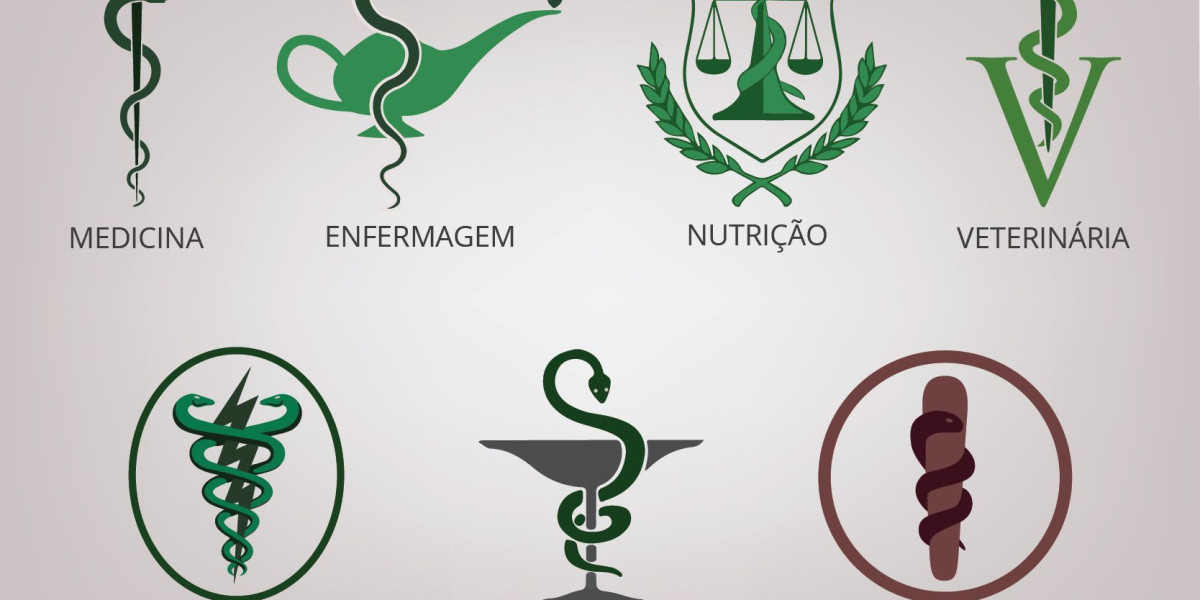A private psychiatrist assessment could be able to help you if you suffer from mental health issues. This type of assessment is faster than public services and can help you receive the treatment you need.
You will need to bring details about your symptoms, family history, and treatment history. The psychiatrist will want to know if you use any drugs or been through any traumas.
Finding a Psychiatrist
Private practice psychiatrists are separate from the clinic or hospital and may have their own practices. They can collaborate with insurance providers to receive payments, but most people pay cash. They typically have lower overhead costs than other healthcare professionals and are able to provide more competitive rates for their services.
Anyone who is who want to become a psychiatrist in private practice must to become licensed and board-eligible. Additionally, they must to establish their practice and market their services. They can decide to accept several insurance companies or choose to work with a single good insurer and concentrate on filling their calendar with patients. They can also direct contact patients by posting posters in public areas or on the Internet.
Many psychiatry experts have different areas of specialization including child-adolescent and geriatric medicine. They can also choose to offer a wider array of services, including psychotherapy and medication management. Certain psychiatrists specialize in specific medical conditions, like bipolar disorder or schizophrenia. Others prefer working with certain populations, such as seniors or veterans.
Patients must schedule an appointment after having identified a psychiatrist who is suitable for their needs. The initial appointment usually lasts between 1-1.5 hours. The psychiatrist will listen to and ask questions about the patient’s previous. They will then make a diagnosis using the information they have collected. In the initial assessment, the psychiatrist will discuss the impact of the problem on the patient's life and suggest possible treatment options.
After the initial appointment, the patient must visit their psychiatrist regularly to monitor their mental health. This may involve the use of prescription medications or psychological therapies, like cognitive behavior therapy or psychoanalysis. It may also include group therapy or family therapy. In some cases the psychiatrist may have to share private information with other healthcare professionals to ensure that the patient is receiving complete treatment.
Safety-net hospitals are able to provide psychiatric treatment to those who cannot pay. These hospitals usually charge on a sliding-scale that is based on the income of the patient. Additionally, federally accredited health centers, often referred to as community health centres, can provide free or low-cost psychiatric treatment.
Scheduling an Appointment
Private psychiatrist assessments are usually cheaper than a face-toface appointment with a specialist in mental health. However, it's important to be aware of the guidelines of your insurance policy prior to making an appointment. Your copay or deductible might not cover certain services that aren't deemed "medically essential" by your insurance provider. The psychiatrists who accept medical insurance will list their rates either on their website or through their call center. Those who do not accept insurance are called "out-of network providers." You may have to pay some of the charge upfront, depending on your plan.
During your initial visit the psychiatrist will go over your medical history and will ask about your symptoms. The psychiatrist may also inquire about your family, relationships and other factors that can influence your mood. These questions can be a bit intrusive however they are vital to establish a proper diagnosis. They may also discuss your use of alcohol or other drugs.
The psychiatrist will decide at the end of the first appointment whether or not the doctor will prescribe medication. If they decide to they will notify your GP and arrange for you to receive the prescription through them. They may also refer you to a therapist in the event that you require therapy.
You can schedule follow-up sessions as needed with your psychiatrist. The sessions typically last 30 minutes. If they suggest therapy sessions, these will be longer. In some cases you may also be required to participate in group sessions.
Psychiatrists prescribe medications to treat a wide range of ailments, including anxiety, depression and eating disorders. They also treat bipolar disorder, ADHD and psychotic disorders such as schizophrenia. If you're prescribed a medication, it is important to follow the instructions for taking it and to keep your appointments.
A service such as Doctor on Demand can help you find a psychiatrist. The service offers a range of psychiatrists each with a distinct background and expertise. The initial consultation is $299 and the subsequent sessions cost $129. Psychologists who are part of the online service can also file your insurance claims for you This is a great convenience.
During the Assessment
A private psychiatrist assessment is more focused and in-depth than a standard consultation. The appointment lasts around 90 minutes and the clinician will seek to gain an understanding of your issues and how they affect your daily life. They will ask you a number of questions regarding your own personal background, medical history within your family, as well as previous treatments for mental health issues.
The first visit may be like a snare or a tyranny It is important to answer all questions truthfully. This will enable your doctor to give you an accurate diagnosis based on your needs. They'll also ask about any traumatic or stressful events you've experienced in your life, and how they are impacting your life. They will also want to know about your medication use and any issues with addiction you've experienced.
They will also arrange for blood tests, as well as other medical exams. They could arrange these tests through your GP or recommend that you pay for them privately. If they feel it is required, they can refer you to an occupational therapist or psychologist to further investigate and treatment.
Psychiatric assessments are usually performed by psychiatrists, however they are also performed by psychologists and nurses. It is best to talk with a psychiatrist, as they are experts in mental health issues and will provide you with the most effective treatment.
You should try to avoid drinking alcohol or taking drugs before your assessment because it could affect your judgment and cognitive abilities. To ensure that your body is rested, it's important to rest enough and take healthy breaks. This will help you feel more relaxed and enable you to have a more successful assessment experience.
The next step following your psychotherapy assessment is the next step and your psychiatrist will work with you to create an effective treatment plan for your needs. It is possible that you will need to schedule regular appointments, or just occasionally follow-up.
After the Evaluation
A private psychiatrist assessment may be beneficial if you have been suffering from a mental illness like ADHD or an anxiety disorder. Before you book an appointment, you should keep certain things in mind. You'll first need a referral to see an ophthalmologist. This is essential, especially in the event that you plan to utilize your insurance coverage. If you do not have private insurance coverage You may want to investigate the availability of community mental health services in your area.
The psychiatrist will consider your current symptoms and the history of your previous treatment when you visit for a psychiatric examination. You will be asked to explain what has happened, including any trauma-related events. They will also inquire about your family background to better comprehend any issues that are prevalent in your family.
You'll likely be asked to take several tests for psychiatric disorders, as well. They will differ based on the circumstances and could include blood and urine tests to determine your levels of hormones, vitamins and electrolytes. These tests will help the doctor determine the root of your symptoms. They'll also consider whether you have a an addiction history or whether you're taking any medication.
During the interview, the psychiatrist will be paying close attention to what you say and watch your body language. This is the most important aspect of the interview, as it helps them determine your mental state and determine the type of evaluation you require. If the psychiatric examination suggests that you need additional treatment, a therapist will be suggested.
 If you're suffering from a mental health condition, you can get in touch with Dr Adrian Winbow or Prof Tony Hale at Iam Psychiatry for a private psychotherapy assessment. You can make an appointment when you are able and receive a thorough session report, which will most likely include the diagnosis and suggested treatment. The service will give an electronic copy of your report to your GP. This is an extensive psychiatric assessment service with a focus on delivering fast and quality results.
If you're suffering from a mental health condition, you can get in touch with Dr Adrian Winbow or Prof Tony Hale at Iam Psychiatry for a private psychotherapy assessment. You can make an appointment when you are able and receive a thorough session report, which will most likely include the diagnosis and suggested treatment. The service will give an electronic copy of your report to your GP. This is an extensive psychiatric assessment service with a focus on delivering fast and quality results.




